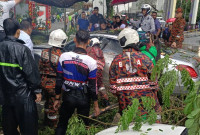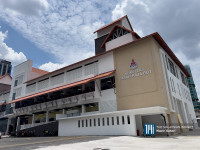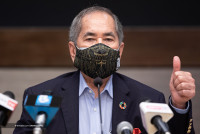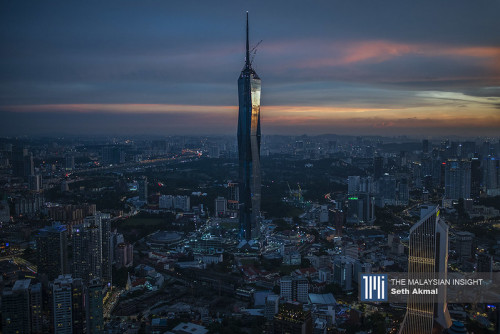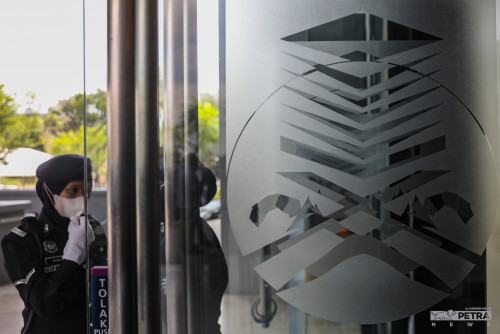KUALA LUMPUR – The majority of low-income households in Kuala Lumpur surveyed in a recent United Nations study are found to be “very adaptive” and “resilient” in the face of financial constraints brought on by the coronavirus pandemic.
In a panel discussion on the research paper Families on the Edge, economist Muhammed Abdul Khalid said this finding goes against the misconception that the urban poor embrace the culture of handouts.
He said it is common for society to perceive low-income earners as mired in financial difficulties due to the lack of family planning – the majority of those surveyed only have two children per household, while those with more than six made up only 1% of respondents.
Although the urban poor find cash aid most helpful, he said, many prefer more sustainable solutions.
“Are they (the poor) lazy? It’s not true. When we asked how they manage the lack of income, those who were out of work went on to do small businesses, while those who ran gerai (stalls) took their business online,” he said at the talk held at non-profit education centre Buku Jalanan Chow Kit on September 9.
Khalid said low-income earners are quick to adapt to the new normal in the age of Covid-19.
“How did they (children) study without computers or phones? They shared.
“So, (this shows that) they are very adaptive, they are very resilient despite these challenges.”
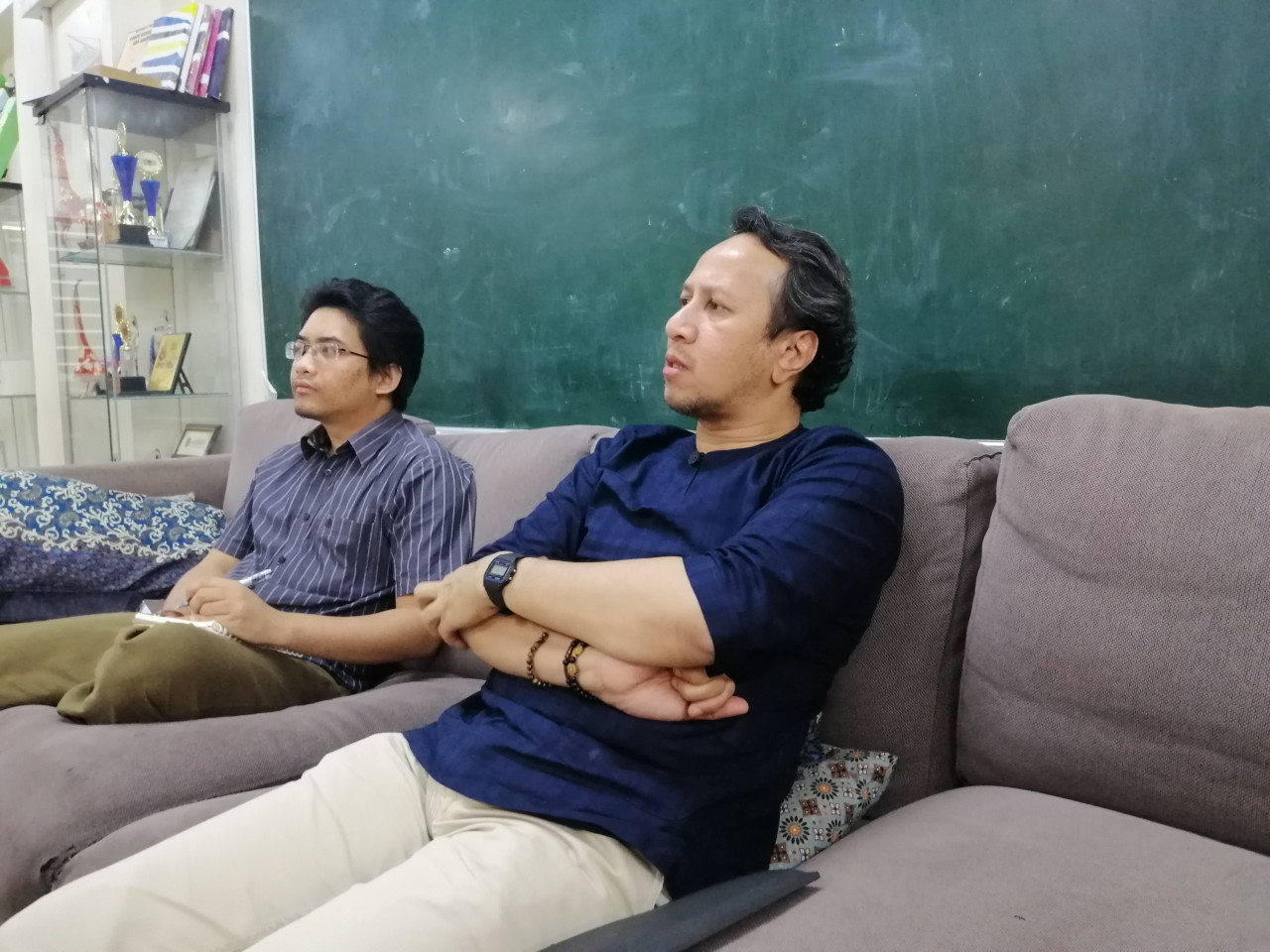
Sustainable assistance
The study, conducted by the UN Children's Fund, UN Population Fund and Khalid’s public policy research firm DM Analytics, was released late last month.
It described the immediate socio-economic impact of the virus crisis on 500 families with children living in Kuala Lumpur’s PPR, or people’s housing project, flats.
It also provided insights on the relevance, adequacy and accessibility of key Covid-19 mitigation policies and other critical social services for the urban poor.
The study found that households prefer sustainable assistance rather than one-off cash handouts, even though the government’s Bantuan Prihatin Nasional between March 18 and May 3 was deemed “most helpful” by 65% of respondents.
Some 20% said rent exemption is most useful, with 67% benefiting from this assistance.
In a series of “well-being interviews” conducted with 30 households, it was found that the average income for a head of household was RM1,560 per month last year. The average number of household members was 5.8, and the average number of children, 2.4.

Meanwhile, the median age was 46, with 40% of respondents being single mothers and 23% of households having one person with a disability.
Khalid said i-Lestari withdrawals from Employees Provident Fund Account 2 savings and the six-month bank loan moratorium are not relevant to the group surveyed, as many of them are not in the formal economy.
The report found that formal and informal support is available to the urban poor, but with constraints.
“Many of the respondents indicated that sustainable assistance is preferred, such as long-term jobs.
“There are also requests for an increase in assistance, and for longer-term aid.”
It did not find major abuses concerning handouts, such as the money being used to buy cigarettes and alcohol.
Constraints in accessing aid, illiteracy, procedural issues, lack of qualifications to register businesses, and logistical problems are among the other concerns. – The Vibes, September 21, 2020



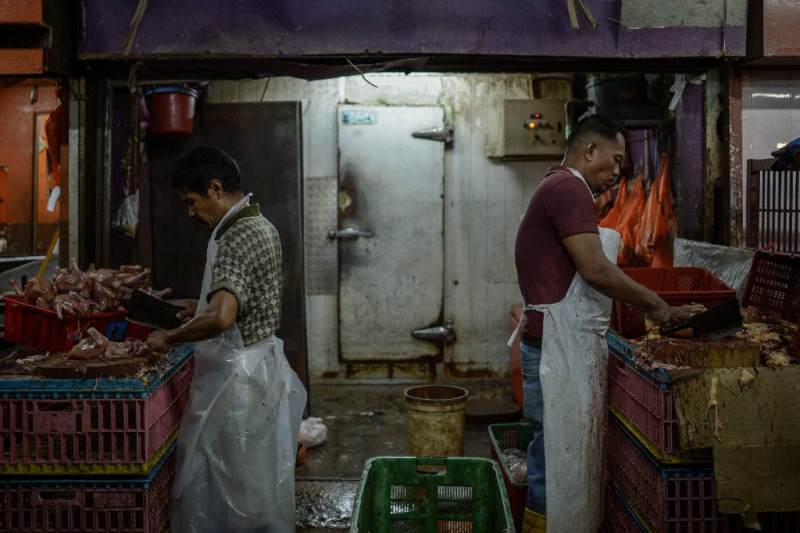


_president_Muhammad_Azlan_Abas-Najjua_Vibes_pic.PNG)
